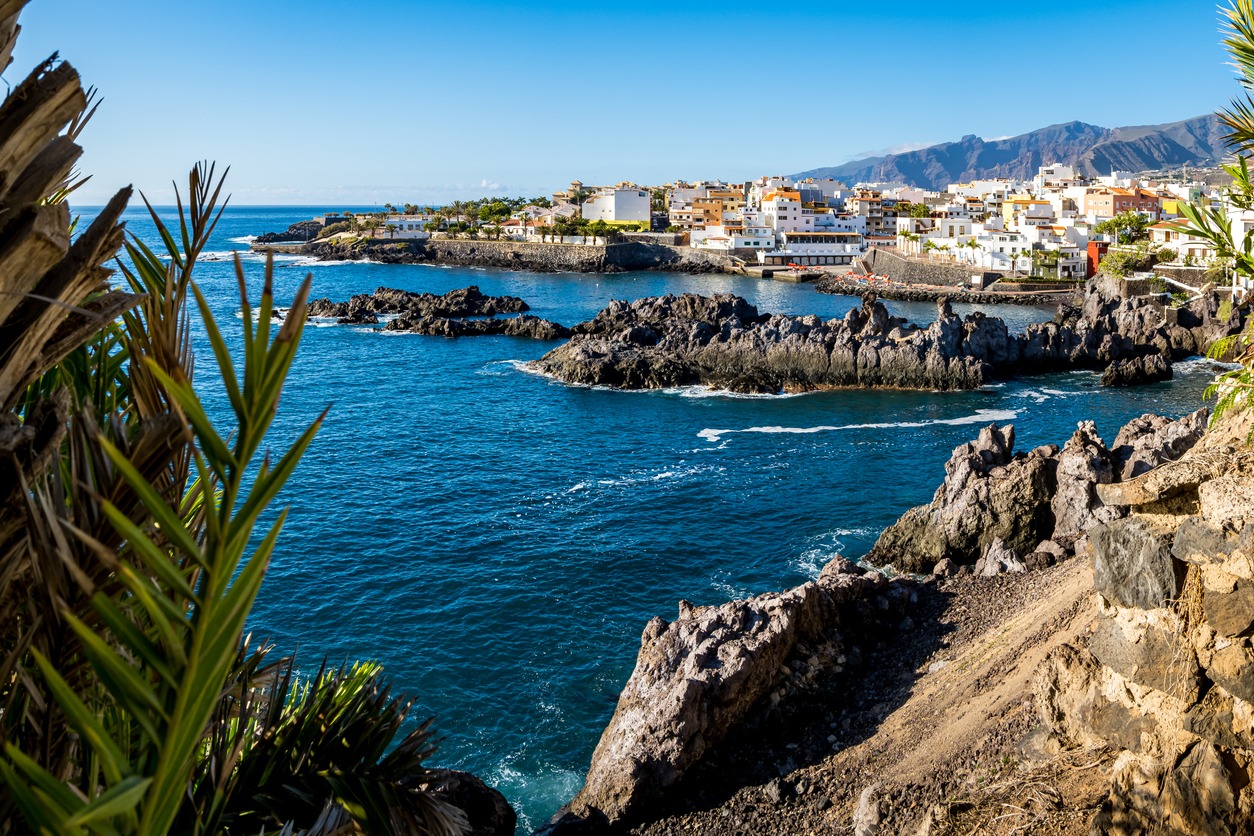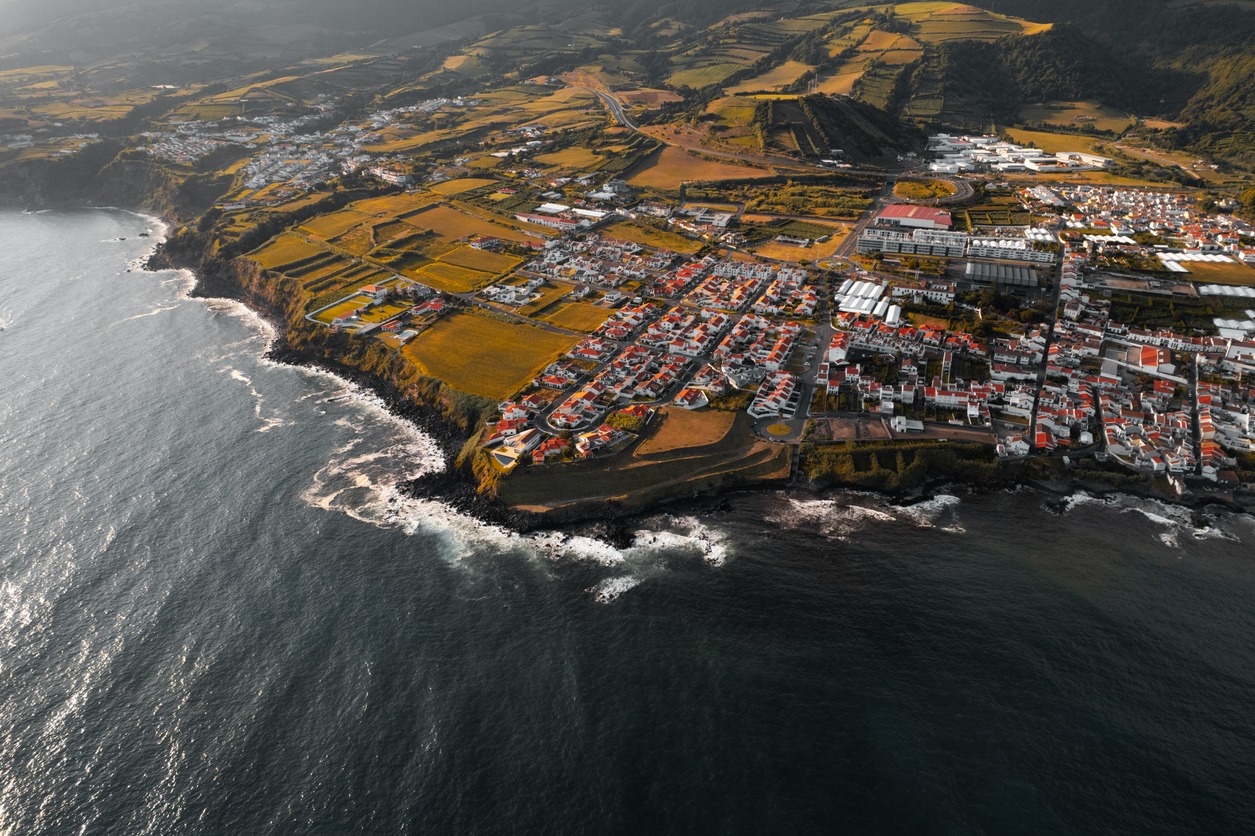SATComm partners meet in Lisbon
SATComm partners met in Lisbon on December 3rd and 4th for a productive two-day meeting hosted by Greenvolt. All project partners were in attendance, creating a strong setting for focused…

The main objective of SAtComm is to promote energy efficiency and reduce greenhouse gas emissions by empowering citizens to play a central role in the clean energy transition and become “prosumers” – communities that both produce and consume energy. To achieve this, the project team will utilise smart energy systems – including smart grids and information and communications technology systems and related storage – to develop and implement technologies that will enable citizens, including residential, SME and industrial entities, to mobilise as groups into Energy Communities. The goal then is for the Energy Communities to employ smart energy mechanisms such as peer to peer trading, demand side management, load shifting, and battery storage.
While new EU Directives have been implemented which place citizens at the centre of the clean energy transition, each EU jurisdiction is transposing these into law in a different manner, hampering the potential Energy Communities can have on the transition. SAtComm will assess the regulation in the 4 Atlantic Areas of Ireland, France, Portugal and Spain, and develop and implement technologies that suit all jurisdictions.



SATComm partners met in Lisbon on December 3rd and 4th for a productive two-day meeting hosted by Greenvolt. All project partners were in attendance, creating a strong setting for focused…
The Southern Regional Assembly, Ireland hosted its annual ETC Network Event, EU Funding in Action, at Assembly House, Waterford City, on 4 November 2025. More than sixty representatives from local…
SAtComm was represented at the Interreg Atlantic Area Annual Event, which took place at the Marine Institute Headquarters in Galway, Ireland, on November 12, 2025. Sean Lyons, project coordinator, attended…